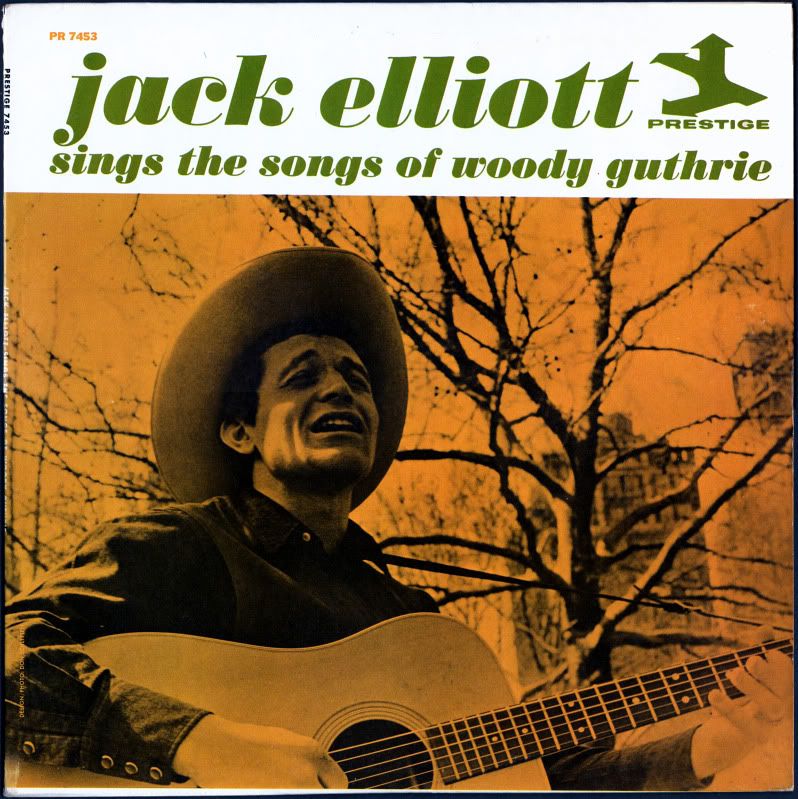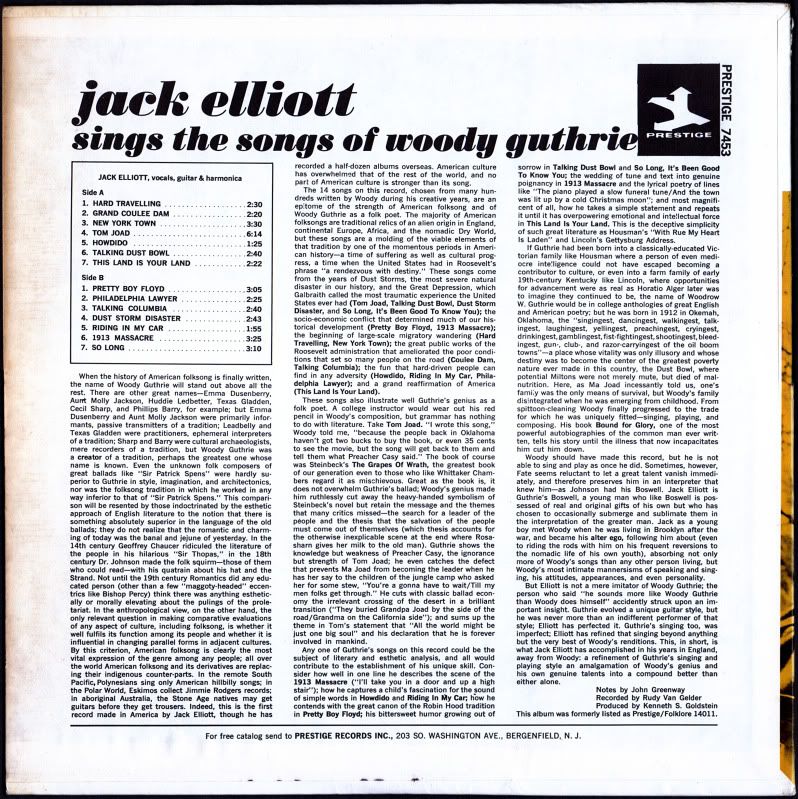 For the uninitiated, rembetika sounds exotic, from another time and place, which is true enough. Rembetika's origins are a bit murky, but one thing is for sure, it flourished in the cafes and bars of Greece in the late 1920s through the '30s. It is outlaw music; the music of the Greek underworld sung by Rebetes (those who are social outsiders, they lived on the margins of society and crossed the line more often than not to stand apart from it).
For the uninitiated, rembetika sounds exotic, from another time and place, which is true enough. Rembetika's origins are a bit murky, but one thing is for sure, it flourished in the cafes and bars of Greece in the late 1920s through the '30s. It is outlaw music; the music of the Greek underworld sung by Rebetes (those who are social outsiders, they lived on the margins of society and crossed the line more often than not to stand apart from it).
It has been regarded as dangerous music even by the country's government, who nearly banned it: they tried to censor its content in recordings but failed. It has been called the Greek blues, and that's not far off. This is a place where the complex patterns of Middle Eastern modalism and the repetition of form that exist in the blues meet in one place. This collection on Nascente brings together the work of a number of rembetika's finest from two different schools, or "scenes" actually, the Piraeus and the Aman tradition:
"Café Rembetika" features four of the greatest stars of the Piraeus scene that later formed the first Rembetika supergroup: Markos Vamvakaris, Stratos Pagioumjis, Giorgos Batis and Anestis Delias. Also featured are leading singers from the Café Aman tradition: Rosa Eskenazi, Rita Abatsi and Marika Papagika.
Here´s a collection of some of the greatest songs from the golden age of Rembetika:
Café Rembetika - The Birth Of The Greek Blues
(192 kbps, small front cover included)
(192 kbps, small front cover included)















